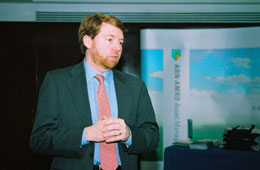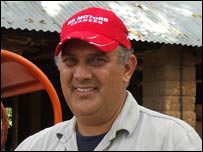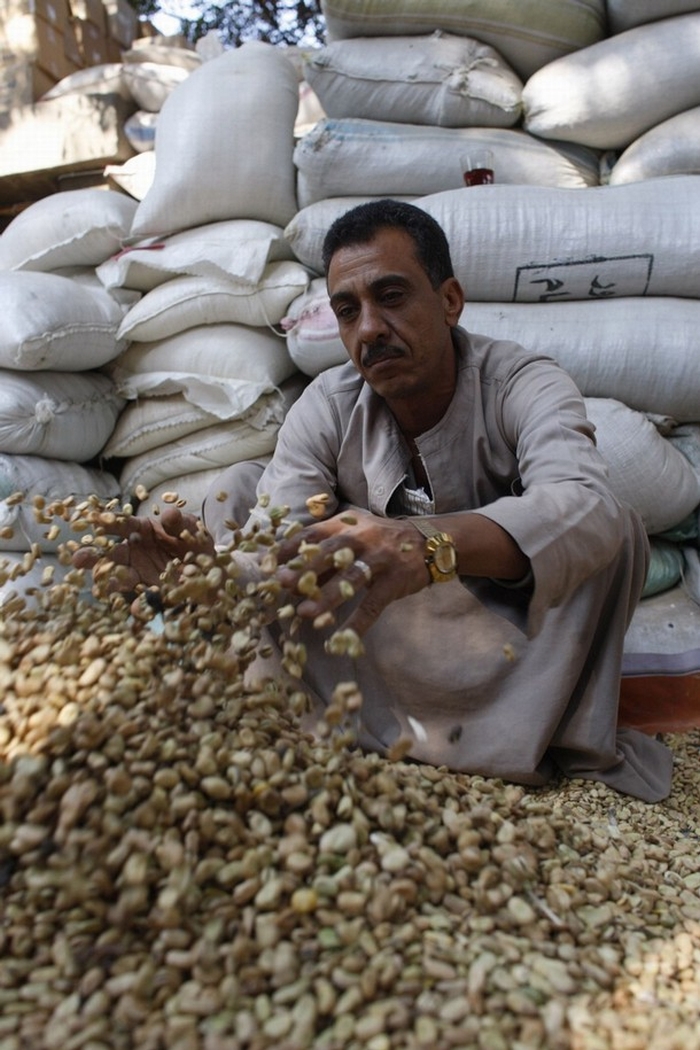Unlocking Sub-Saharan Africa’s agricultural potential
- World Bank
- 04 June 2010
World Bank's MIGA provides political risk insurance for Chayton Capital's $50 million farmland investments in southern Africa.

World Bank's MIGA provides political risk insurance for Chayton Capital's $50 million farmland investments in southern Africa.

Vaughan-Smith and his team of seven professionals are scouting for commercial farms in five countries — Malawi, Mozambique, Tanzania, Uganda and Zambia — where conditions are deemed to be the most favorable.

Chayton Capital, a UK-based company, is to invest US$20 million in the purchase and expansion of six irrigated farms in various parts of Zambia to enhance growth in the agriculture sector

MIGA, the political risk insurance arm of the World Bank, will support up to $50 million of Chayton's agribusiness investments in Zambia and Botswana

Saudi Arabia is interested in investing in Zambia's agriculture sector in order to improve the food security of the two countries. Zambia says they have plenty of land for this.

Accaparement des terres - cas de la Zambie - par AGTER

Zambian government has made agriculture development a priority as evidenced by the reserving of 1 million hectares of land for cultivation and investment, according to foreign investor Neil Crowder
Atlas Farming, which had successful farming ventures in Zimbabwe from the late 1960s until president Robert Mugabe's much criticised land reforms around 2000, has partnered with Chayton Capital to invest in large-scale farming in Zambia.

CHOBE agrivision will become the largest agri-business in Zambia surpassing ZAMBEFF PLC according to owners Chayton Capital

South Africa said on Friday it had been offered 48 square miles of land in Angola and Uganda and also a land lease agreement in Zambia.

South African farmers have been offered land for agriculture in Angola and Uganda and the government is also in talks with the Democratic Republic of Congo, Zambia and Southern Sudan.

The wheat farms in Sudan & Uganda are not Egypt’s first foray into overseas farming — the government operates a corn farm in Zambia, a rice farm in Niger, a vegetable farm in Tanzania and plans 14 more farms across Africa — but they are significant because they are among the first efforts to address wheat scarcity after the instability of 2008.